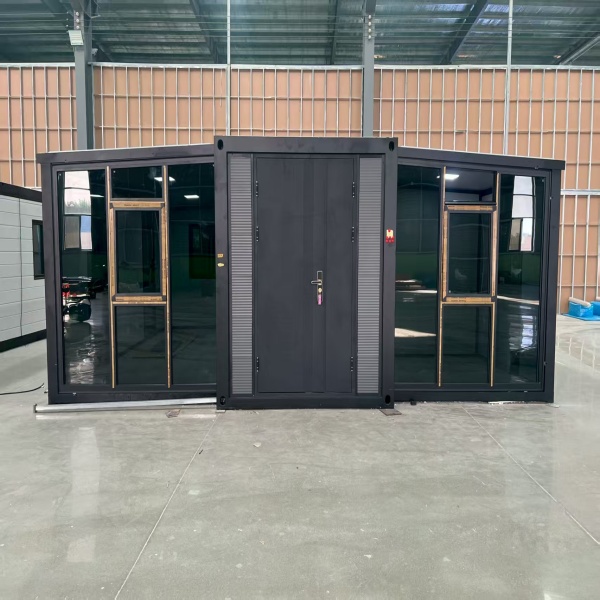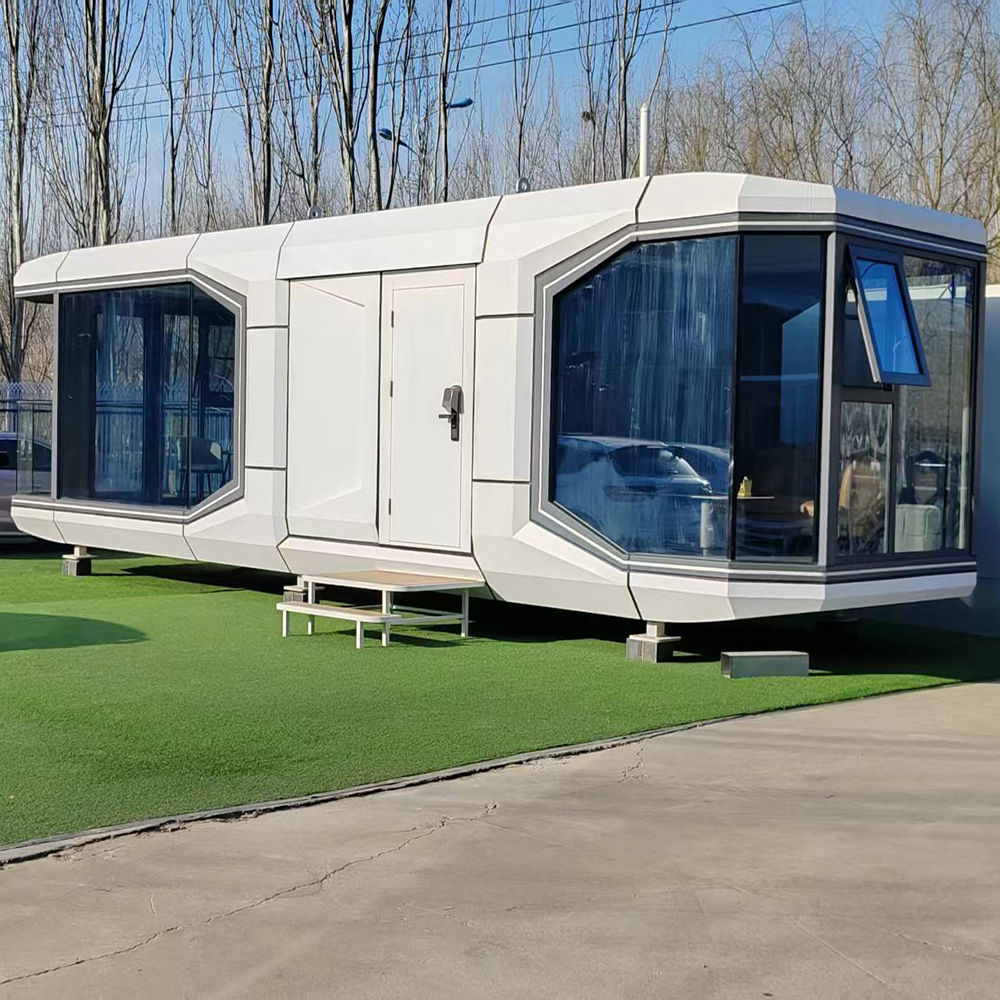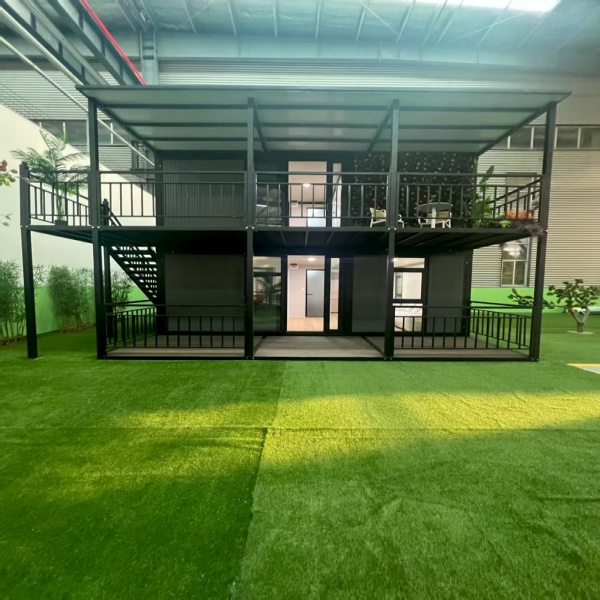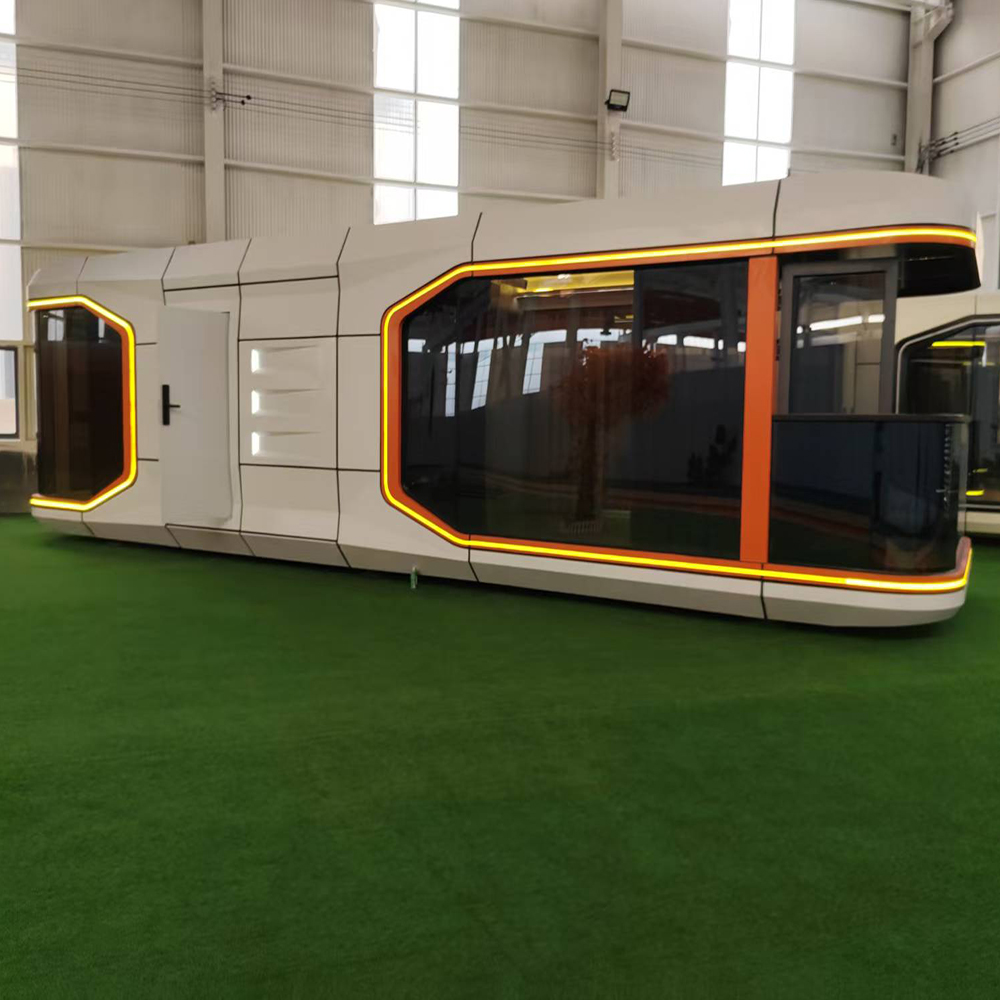-
E-mail
Austin120521@outlook.com -
E-mail
sales@jujiuhouse.com -
Telephone
+86-17864099991 -
Telephone
+86-17854044442
- Chinese
- French
- German
- Portuguese
- Spanish
- Russian
- Japanese
- Korean
- Arabic
- Irish
- Greek
- Turkish
- Italian
- Danish
- Romanian
- Indonesian
- Czech
- Afrikaans
- Swedish
- Polish
- Basque
- Catalan
- Esperanto
- Hindi
- Lao
- Albanian
- Amharic
- Armenian
- Azerbaijani
- Belarusian
- Bengali
- Bosnian
- Bulgarian
- Cebuano
- Chichewa
- Corsican
- Croatian
- Dutch
- Estonian
- Filipino
- Finnish
- Frisian
- Galician
- Georgian
- Gujarati
- Haitian
- Hausa
- Hawaiian
- Hebrew
- Hmong
- Hungarian
- Icelandic
- Igbo
- Javanese
- Kannada
- Kazakh
- Khmer
- Kurdish
- Kyrgyz
- Latin
- Latvian
- Lithuanian
- Luxembou..
- Macedonian
- Malagasy
- Malay
- Malayalam
- Maltese
- Maori
- Marathi
- Mongolian
- Burmese
- Nepali
- Norwegian
- Pashto
- Persian
- Punjabi
- Serbian
- Sesotho
- Sinhala
- Slovak
- Slovenian
- Somali
- Samoan
- Scots Gaelic
- Shona
- Sindhi
- Sundanese
- Swahili
- Tajik
- Tamil
- Telugu
- Thai
- Ukrainian
- Urdu
- Uzbek
- Vietnamese
- Welsh
- Xhosa
- Yiddish
- Yoruba
- Zulu
- Kinyarwanda
- Tatar
- Oriya
- Turkmen
- Uyghur

China apple mountain cabins
Exploring the Allure of China’s Apple Mountain Cabins
China's apple mountain cabins are more than just a scenic retreat; they're a blend of nature's splendor and architectural innovation. These cabins, often found amidst lush orchards, offer a unique escape and are becoming a focal point for sustainable tourism in rural China.
Setting the Scene
At first glance, the idea of apple mountain cabins might seem straightforward—quaint cabins nestled in orchards. However, the reality is richer. These structures are meticulously designed, balancing both aesthetic and environmental considerations. Many assume they are mere extensions of traditional holiday homes, but there’s a sophistication in their integration with the landscape.
One notable player in this domain is Shandong Jujiu Integrated Housing Co., Ltd. Known for its innovation in sustainable housing, this company blends functionality with comfort in their designs. You can explore their offerings at Jujiu House. They craft not just homes, but experiences, nestled in nature’s bounty.
These cabins use local materials, minimizing carbon footprints—an essential consideration in modern construction. It's not just about planting a cabin in a beautiful setting; it's about ensuring that the materials and aesthetics complement their environment.
Sustainable Design Insights
Take, for instance, the integration of passive solar design. It’s a concept employed in many of these cabins to maximize energy efficiency. Windows and insulation are strategically utilized to maintain optimal temperature, reducing reliance on artificial heating or cooling. It’s a nod to the past, modernized for today’s eco-conscious world.
But designs can encounter hurdles. For instance, sourcing sustainable materials can often delay projects. Companies like Shandong Jujiu Integrated Housing navigate these challenges with a robust supply chain, ensuring material consistency without compromising environmental goals.
Moreover, when it comes to installation, precision becomes key. Mountain terrain is unforgiving, and the cabins need meticulous planning and execution for successful integration. This is where industry expertise shines, with seasoned teams making installations appear effortless.
Cultural and Economic Impact
The introduction of these cabins into apple mountain regions also brings economic and cultural benefits. Local jobs are created not just in construction, but in hospitality and tourism. It’s a model that doesn’t exploit but instead uplifts rural economies.
Visitors often look for immersive experiences—the chance to engage with local culture, perhaps via apple-picking or culinary tours. This demand spurs multifaceted growth within these regions. Cabins, in essence, become gateways to cultural exchange.
However, there are challenges. Balancing tourism growth with cultural preservation requires tact and respect—a complicated dance many rural areas are learning to perform.
Crafting Personal Experiences
One frequent observation from visitors is the personal touch these cabins offer. Unlike the anonymity of hotels, each cabin often tells a story—be it through its design, its location, or even its furnishings. It’s here that companies like Shandong Jujiu Integrated Housing truly excel, delivering not just products, but personalized experiences.
For tourists, it feels less like a vacation, more like an invitation into the local way of life. Nothing feels rushed; there's a lingering invitation to pause and soak in the atmosphere—something hotels rarely afford.
Memory-making is a part of the package. Whether it's an impromptu hike, a quiet moment with a book and an apple, or simply the quiet reflection the scenery allows, these experiences stay with visitors long after they leave.
Future Prospects
Looking ahead, the potential for growth in this niche is significant. As more individuals seek eco-friendly retreats, demand is likely to increase. Companies like Shandong Jujiu Integrated Housing Co., Ltd. are poised to lead this charge, continually refining and expanding their offerings.
Nevertheless, sustainability will remain central. As construction technology evolves, so too will the techniques employed in building these cabins. It’s a field ripe for innovation, especially in material science and energy efficiency.
In conclusion, China’s apple mountain cabins mean more than just a place to stay—they're symbolic of sustainable growth, cultural connectivity, and the promise of an immersive natural escape. The challenge will be maintaining this balance as popularity grows—a challenge, no doubt, that the industry is ready to meet.
Related products
Related products
Best selling products
Best selling products-
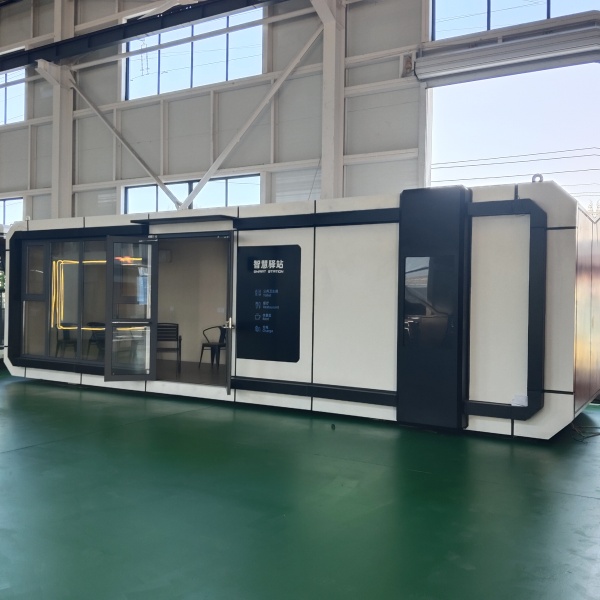 Modular modern movable apple cabins, customized high-end folk houses and portable bedrooms, delivered as a whole
Modular modern movable apple cabins, customized high-end folk houses and portable bedrooms, delivered as a whole -
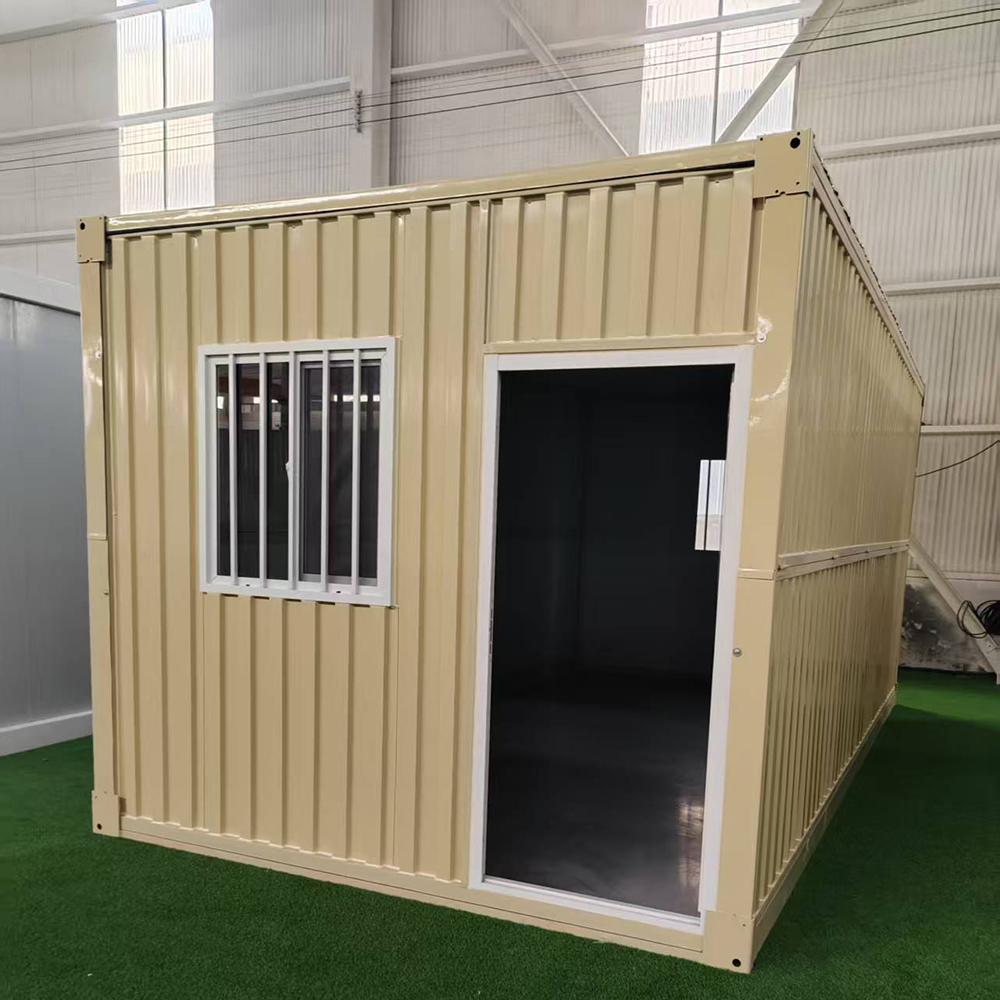 Competitive Price Portable Container House Foldable Container Mobile Living Modular Homes
Competitive Price Portable Container House Foldable Container Mobile Living Modular Homes -
 A container house with a terrace and double-wing folding design, suitable for various purposes such as offices, meeting rooms, living rooms, etc.
A container house with a terrace and double-wing folding design, suitable for various purposes such as offices, meeting rooms, living rooms, etc. -
 The foldable container house with side wing design can be quickly set up and is suitable for various environments.
The foldable container house with side wing design can be quickly set up and is suitable for various environments. -
 Luxury Foldable Two Story Container House for Glamping Resort and Villa Hotel
Luxury Foldable Two Story Container House for Glamping Resort and Villa Hotel -
 Easy Install Customized Detachable Container Homes Extendable House Prefab 2 Floors Expandable Container House
Easy Install Customized Detachable Container Homes Extendable House Prefab 2 Floors Expandable Container House -
 A container house with a terrace and double-wing folding design, suitable for various purposes such as offices, meeting rooms, living rooms, etc.
A container house with a terrace and double-wing folding design, suitable for various purposes such as offices, meeting rooms, living rooms, etc. -
 High-quality Double-wing Folding Container House with Doors and Windows, Insulated Walls, Suitable for Various Scenarios.
High-quality Double-wing Folding Container House with Doors and Windows, Insulated Walls, Suitable for Various Scenarios. -
 Good Quality Modular Homes Prefabricated House Expandable Container House 20FT Mobile Flat Roof House
Good Quality Modular Homes Prefabricated House Expandable Container House 20FT Mobile Flat Roof House -
 Reasonable Price 1 Bedroom Modular Container House Folding Container Home for Villa or Apartment Use
Reasonable Price 1 Bedroom Modular Container House Folding Container Home for Villa or Apartment Use -
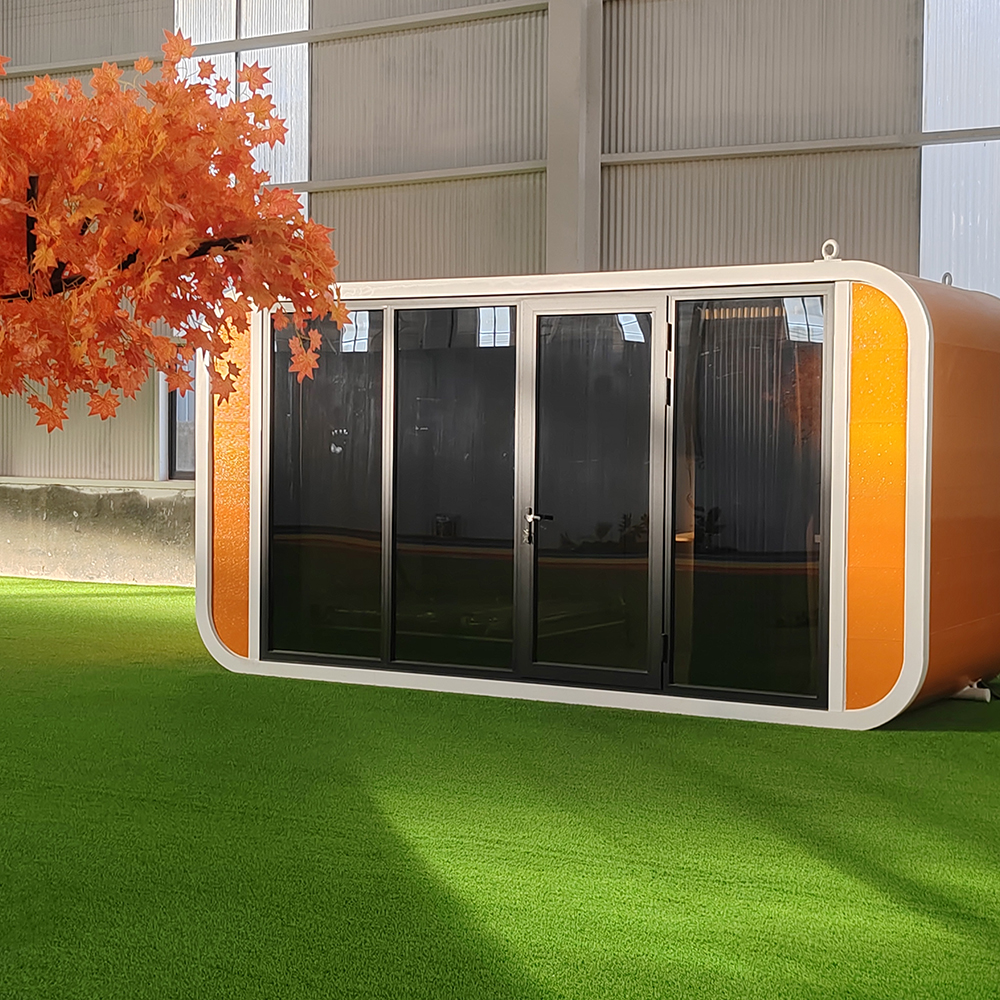 Luxury Prefabricated Living Container House Modular Glass Tiny House Prefab Container Home Apple Cabin
Luxury Prefabricated Living Container House Modular Glass Tiny House Prefab Container Home Apple Cabin -
 Waterproof folding container house – mobile accommodation for campsites/scenic spots
Waterproof folding container house – mobile accommodation for campsites/scenic spots
Related search
Related search- prefabricated shipping container house
- folding prefabricated house
- detachable apple cabin house
- China house that folds out
- China prefab folding container house
- Buy space capsule
- container house prefabricated villa
- modular fold out homes
- modular container expandable prefabricated house
- expandable folding house









